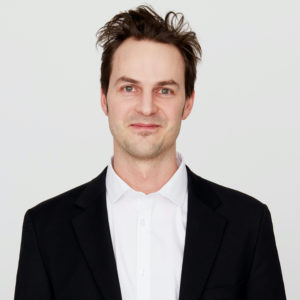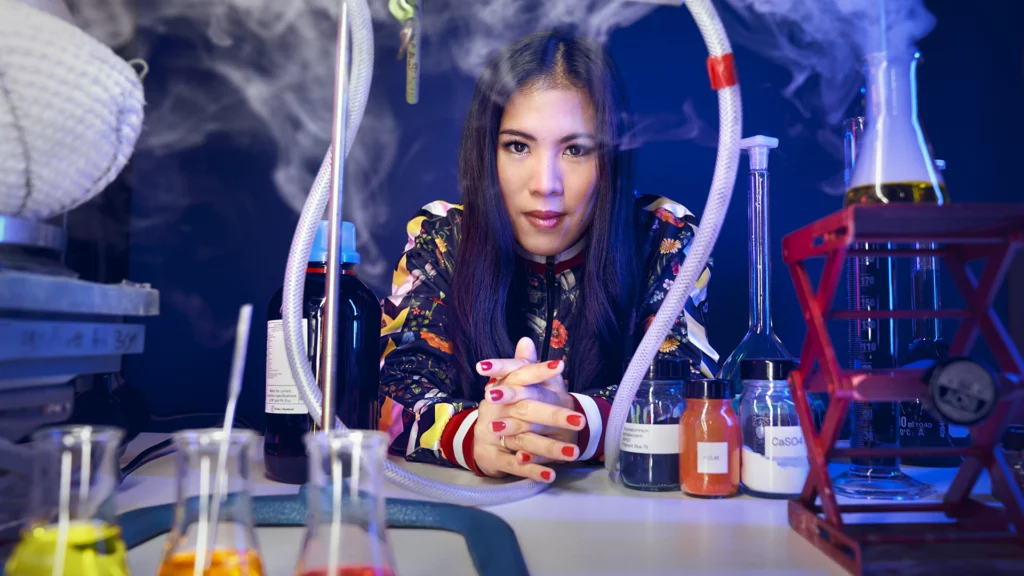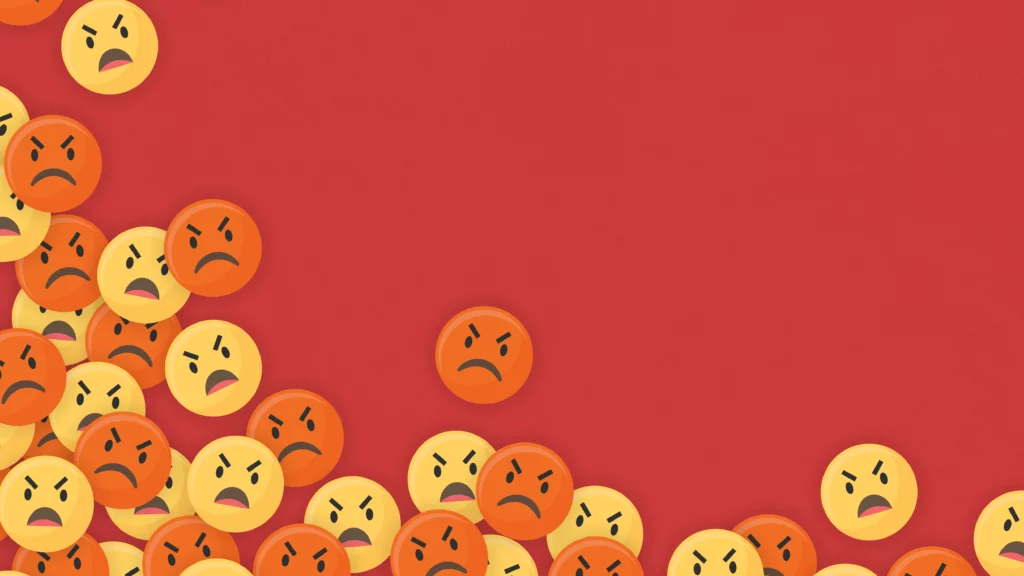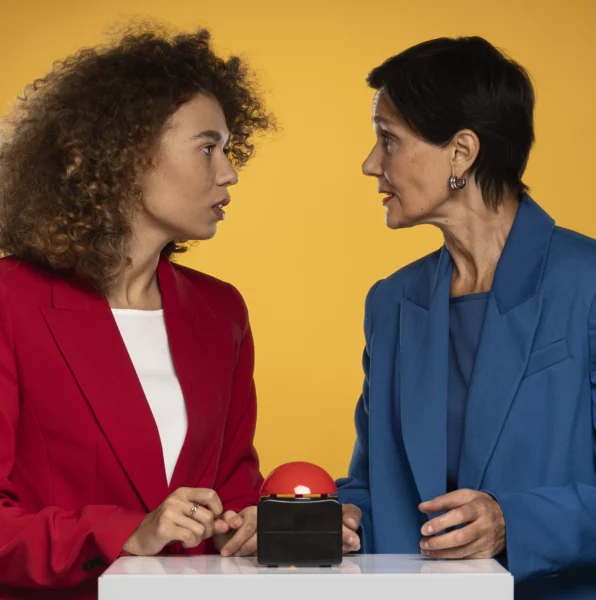Has public trust in scientists, polititians and other professional groups changed during the pandemic? And are these trends internationally consistent? Gustav Bohlin, researcher at Vetenskap & Allmänhet, gives an insight into new studies on citizens’ perception in Sweden — a country that took a very different approach to contain the virus.
“The claim ‘listen to the science’ could backfire”
Vetenskap & Allmänhet is currently conducting a study on Swedish citizens’ perceptions of the corona pandemic. Could you tell me a bit about what exactly you are doing and why?
The corona pandemic has put science and science communication in an extreme situation. We have a lack of knowledge on how to actually handle the situation and at the same time have a flood wave of information and media coverage on the issue. This is a very unique situation in which we are very dependent on expert’s advice while being forced to make immediate decisions on all levels of society that cannot be made based on definite scientific results. Thus, we wanted to follow the attitudes of people towards science throughout the crisis.

We decided to collect data on it in six different survey waves. Throughout those waves, there are seven different questions, with some being asked in all six waves and others only being asked in two or three waves. This way we can see how the answers progress as the crisis continues. As of now, we have the results for four waves and have conducted the fifth survey, which will be published on the 17th of June.
What exactly are the questions about?
The questions mainly revolve around the information behaviour of citizens. So we are interested in how they are getting the information, how they are perceiving it and how much they trust different media outlets and professional groups that comment on the virus.
Which professional groups are you looking at?
We are asking which level of confidence people have in researchers, doctors and healthcare staff, politicians, journalists and government officials, which for example are public health authorities.
Concerning trust: What kind of developments are you seeing?
The level of trust is really high in several groups — and higher when you compare the results to our previous studies, such as our yearly science barometer. However, it has to be taken into consideration, that we specifically asked for the level of confidence when those groups are speaking about the coronavirus. Thus, the results cannot be directly compared. For this kind of direct comparison we have to wait until our regular barometer, which we will publish this fall.
Having said that, it is still notable that the current public trust in researchers seem higher than we have seen in any of our other studies.
Is there any developments between the levels of trust throughout the different waves?
Yes. In the first and second wave we saw an increase in trust in all of the professional groups. However, in the fourth wave – so the most recent one — we saw a significant decrease in confidence in politicians which wasn’t mirrored in confidence in other groups. So the evolvement of this number in the next waves will be an interesting thing to watch.
Is there an explanation for this?
It may reflect that lately there has been more room in the public debate for criticism of the Swedish model of handling the pandemic. For example, there have been more and more discussions about why we aren’t testing more and why there is a lack of equipment. Politicians are the group most likely to be held responsible for this.
Additionally, there are daily press conferences with the government officials which the politicians aren’t part of. Politicians themselves have become less visible and have taken a back seat position, which might be another reason why trust in them has decreased. This can also be contrasted to the situation in other countries.
Finland for example had a similar approach to handling the crisis in the beginning. However, in contrast to the situation in Sweden, the Finnish politicians enforced a lockdown similar to other European countries. Finnish data show that citizens are more positive toward politicians’ handling of the pandemic compared to that of health authorities, which is opposite to our results in Sweden.
Another interesting development throughout the different waves is that people say that they are seeing an increase in the disagreement between researchers. Do you have an explanation for that?
I think this is one of the most interesting results and I am still uncertain to which extent this is positive or negative. From working within the research system we know that disagreement is normal in science and essential for gaining knowledge. However, we also know that this isn’t part of the general impression of research in the general public. The disagreement between researchers that have been become more apparent in the latest weeks has thus presented an opportunity for a public discussion on how science is done and what science actually is, which I find very interesting. We know that understanding the methods, values and processes of science can actually lead to an increase in trust. So the more open debate that has developed in recent weeks may be the reason for this result and could be both positive or negative in the end. However, it is too early to say which way it is going to unfold in the future.
You have spoken a bit about the chances the crisis may offer to science and science communication. Do you see any risks?
I think one thing that could potentially be problematic is that the claim „listen to the science“ that many governments worldwide are using could backfire. This claim is made by most governments and yet the way they act upon the evidence has been very different between countries. This is not necessarily wrong because there is scientific evidence from many different areas that decisions could be based on. But depending on how the crisis turns out, the perception of science could change if things go dramatically wrong in one country compared to another. That could lead to a decrease in trust in science as it takes the blame.
At the same time, we know that facts are not the only priority for people when making daily life decisions. For science to be effectively communicated, it is important to be aware that social, cultural and ideological identity also have a great influence on people’s standpoints. The science communication community has long been advocating for more participatory or dialogue-based communication formats, and I think that this will be discussed a lot more in the future.
Going back to the results: If you look at the international perspective and the results from different science barometers published during this time, do you see more differences or more similarities?
We see a lot of similarities between the different results. There seems to be a large initial increase in trust in most groups in the beginning and then a slight drop-off in follow-up waves. That’s something that the recently published second wave in Germany shows and that’s in line with the expectations. I would suppose that this would go down even further in a hypothetical third wave. However, the level of trust is still higher than before the pandemic and it will be interesting to see if or when it drops back to that level.
Another thing, we do see a tendency in all surveys that traditional media outlets such as public service are consumed more intensively during the pandemic and — at least in the first phase here in Sweden — are also trusted more than usually.
The results of the latest surveys in Sweden are presented here. The new results of the German Science Barometer Corona Special are also online now.






